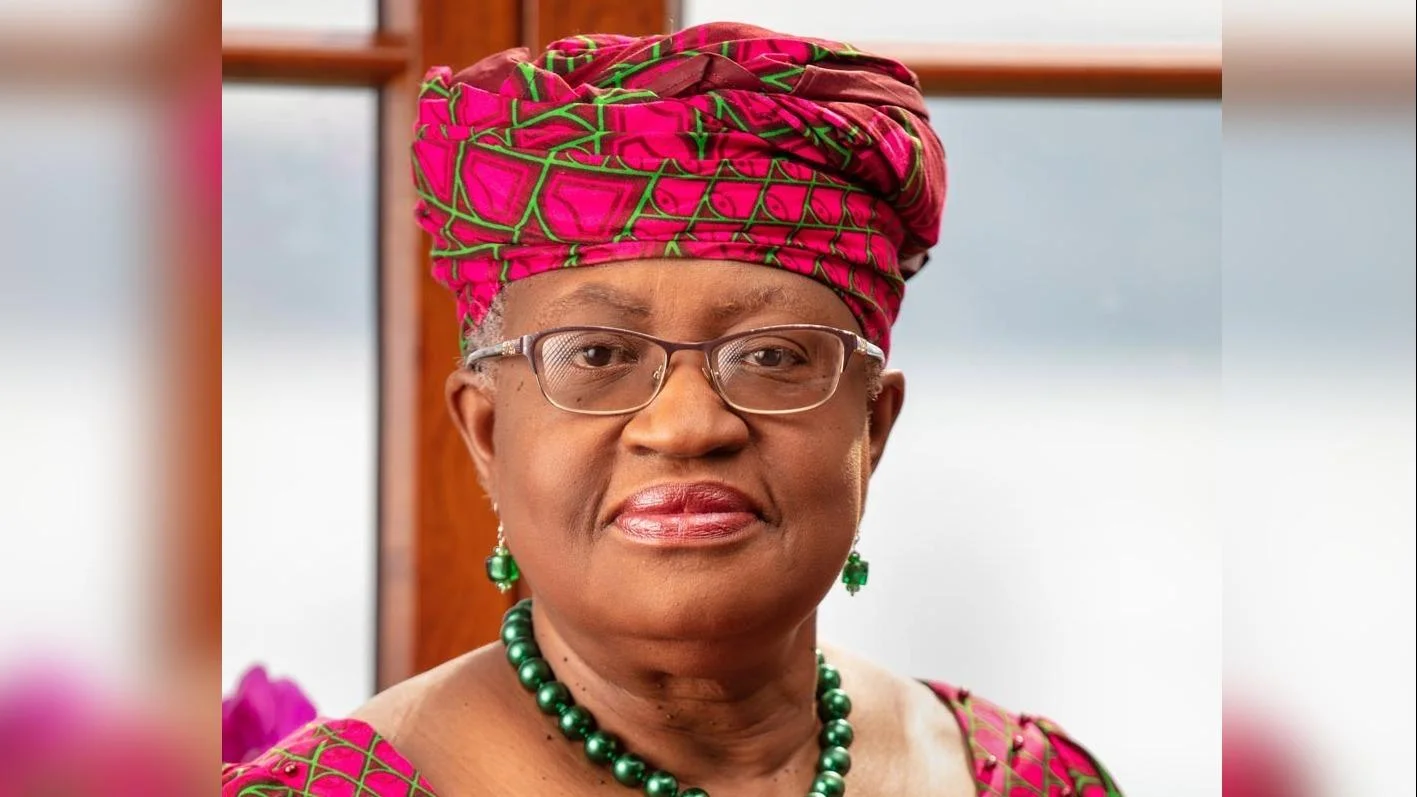On May 24, 2024, WTO members convened to review farm policies and discuss food security and technology transfer. The Chair of the Committee, Mr. Kjetil Tysdal of Norway, facilitated the discussions.
Members received updates from the UN Food and Agriculture Organization (FAO), the World Bank, the World Food Programme, and the International Grains Council (IGC) on recent market developments and food insecurity. These updates were in response to the MC12 declarations on COVID-19 and food insecurity.
The FAO highlighted severe food insecurity exacerbated by conflict in Gaza. In 2023, 9.2% of the global population faced chronic hunger, totaling 281.6 million people across 59 countries—a rise of 24 million since 2022. The FAO outlined its activities aimed at alleviating this situation.
The World Bank presented its Global Challenges Program on Food and Nutrition Security, focusing on prevention, preparedness, and changing food production methods. It aims to mobilize funds and encourage governments to repurpose USD 600 billion in annual farm support spending to address food insecurity more effectively.
The IGC noted price declines in key crops like soybeans, maize, and wheat but reported high rice prices. It also mentioned the resilience of global logistics despite disruptions in major canals.
Mr. Tysdal commended positive developments regarding food security recommendations for least developed countries (LDCs) and net food-importing developing countries (NFIDCs). He also discussed ongoing reviews of NFIDC lists as part of follow-ups to previous decisions.
During a review of agricultural policies, members raised 225 questions concerning individual notifications and specific implementation matters under the Agreement on Agriculture. This included new issues related to various countries' export policies, taxes, subsidies, environmental measures, import restrictions, and climate adaptation policies.
A joint counter notification by the United States and Australia addressed India's sugarcane subsidies from 2018-22. They claimed India provided market price support exceeding WTO limits without reporting it since 1995. India refuted these claims citing its "Fair and Remunerative Prices" system for sugarcane did not constitute market price support as purchases were made by private mills.
Members conducted preliminary discussions about potential topics for the third triennial review of the Nairobi Decision on Export Competition in 2024. They supported streamlining export subsidy notifications based on ongoing committee discussions.
The Chair reported progress on transparency within tariff rate quota administration under a triennial review following the Bali Decision's guidelines. Members discussed improving committee functions based on a revised compilation by the WTO Secretariat containing specific suggestions for improvement.
Members also engaged in rich discussions during a thematic session on technology transfer focused on smallholders' needs and capacity building efforts by international organizations.
The next meeting of the Committee on Agriculture is scheduled for September 25-26, 2024.
___

